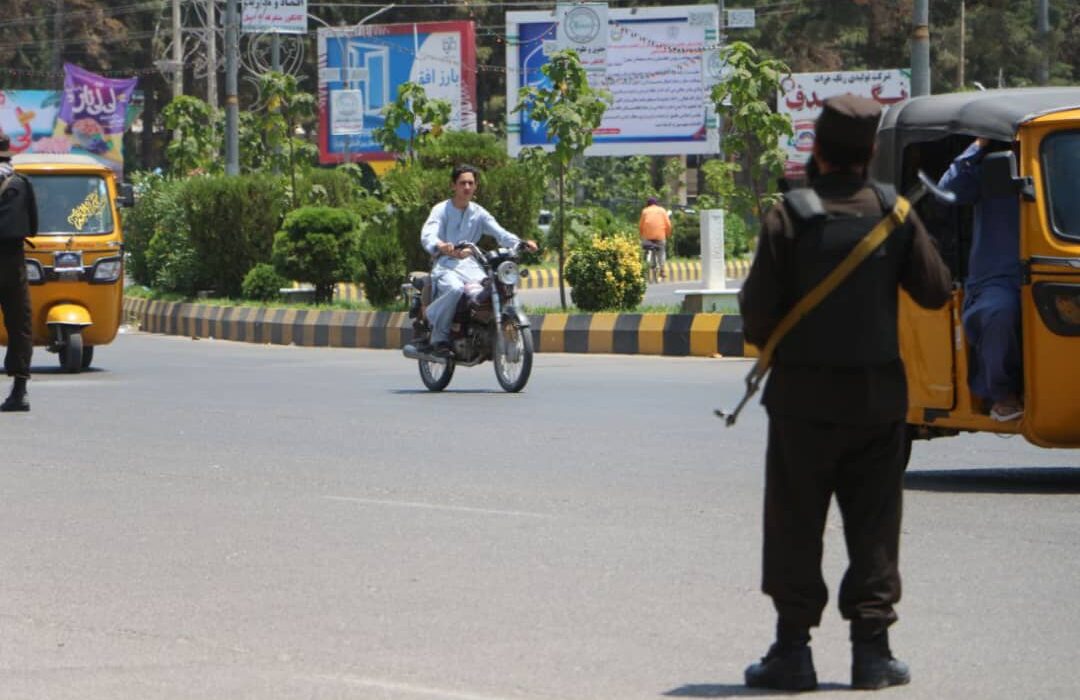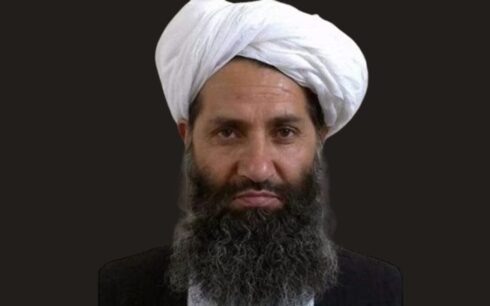Taliban leader Hibatullah Akhundzada is pushing forward with plans to cut 20 percent of their military personnel, despite growing internal tensions and opposition from key factions within the Taliban, two sources from within the Taliban told Amu on Sunday.
The decision, according to the sources, has deepened existing divisions between Taliban figures loyal to the Kandahar-based leadership and those affiliated with the Haqqani network, who are reportedly competing to preserve their influence within the group’s military and security structures.
“These internal disputes are not just political — they are about retaining control over fighters and loyal personnel at all levels,” one of the sources said. “Even local commanders are under pressure to protect their own men.”
The latest move follows earlier reports by Amu that a sweeping downsizing plan affecting government ministries is already underway. Under Akhundzada’s orders, approximately 90,000 positions in the Taliban-run Ministry of Education are slated for elimination — part of a broader administrative reduction.
In addition to the education ministry, at least 6,400 posts in the Taliban’s Ministry of Public Health and 908 positions in the police department in Farah province are expected to be cut, according to internal documents and officials familiar with the matter. Another 222 positions have recently been removed from the administrative office of the Taliban prime minister.
The Taliban’s spokesman, Zabihullah Mujahid, has publicly confirmed the restructuring effort, stating in early April that some reductions, particularly within military institutions, were being implemented “to improve administrative efficiency and prevent institutional bloating.”
“In some agencies, especially military departments, we have implemented cuts,” Mujahid said. “Civilian agencies are also being downsized to a much smaller extent.”
Still, the move has raised alarm among government employees and economic experts, who warn that mass layoffs — particularly without severance or job alternatives — could exacerbate poverty and social unrest in an already fragile economy.
Three current employees of Taliban-run ministries told Amu, on condition of anonymity, that the group is also considering cuts to government salaries, adding to worker anxiety. Some civil servants, especially those employed under the former Afghan government, say they fear being selectively targeted under the new restructuring process.
Analysts say the 20 percent workforce reduction, if carried out in full, could have serious implications for public services and economic stability. “This scale of downsizing in the public sector could trigger a major economic crisis,” one economic expert told Amu.
Taliban officials have not publicly addressed concerns regarding selective dismissals or compensation for dismissed workers.





